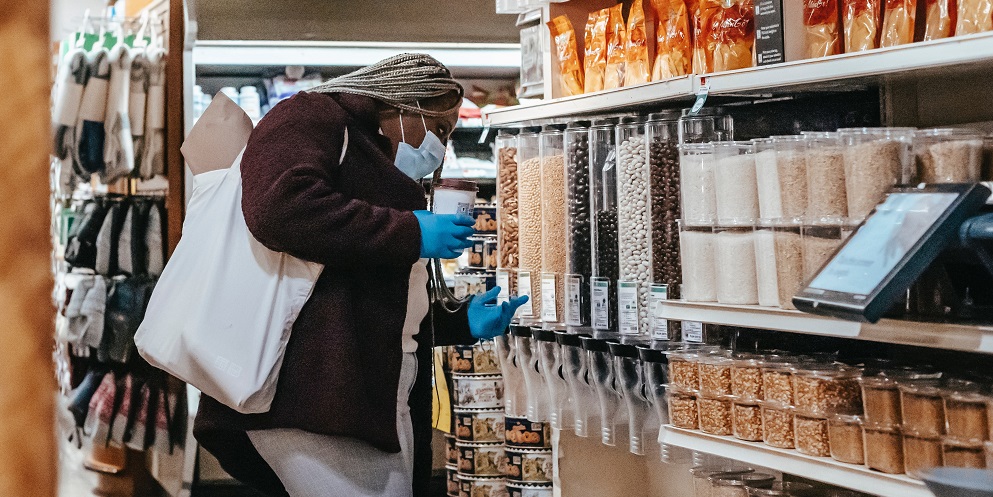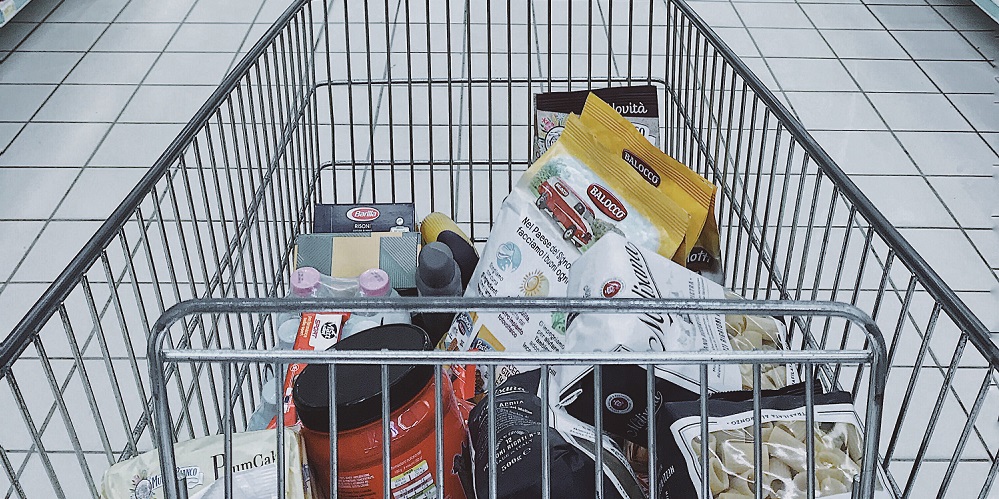How the Government Stimulus May Affect Inflation

As the old saying goes, money doesn't just grow on trees. However, those bigwigs in the government sure seem to think it does. Whenever funds are needed for some new pet project or special interest, out comes the checkbooks. And who foots the bill? That's right, American taxpayers.
While the government stimulus is definitely more serious than just a politician's pet project, it's still projected to have an effect on the economy. One major concern is that stimulus payments will actually cause inflation to increase. The debate rages on among economists and government officials, but the average person just wants to know how it's going to affect them. Here are a few points to consider.
How Inflation Works
Inflation happens for all sorts of reasons. If the prices for the raw materials used to create the products you buy go up, so will the products. Companies want to make a buck, after all, and they're not going to take a hit just to provide customers a more reasonable price. So raw material increases mean you're paying more for the goods you use.
It's also a simple matter of supply and demand. Imagine there's a product that sits on store shelves for months without much interest from consumers. Then, suddenly, the product is met with a wave of renewed interest. Now the product is in high demand, and the company that sells it can capitalize on this demand by increasing the price. Not exactly fair, but that's just the way of the world.
Inflation affects all products and services across the board. It causes prices for rent, food, appliances, clothing, medical care, utilities, and more to increase. And in the end, the little guy is at the behest of big corporations and the government, who reap all the rewards of inflation.

How the Stimulus May Affect Inflation
Inflation rates in the U.S. have held stead for sometime. As of 2019, the rate of inflation was just under 2%, which was actually a bit lower than the previous year. Additionally, economists claim that the last round of stimulus checks had little to no impact on inflation rates because they weren't large enough. It's also projected that the next round of stimulus money will have a similar effect. So, that's good news for you, right?
[insert page='Offer' display='content']
How to Use Your Stimulus Money the Right Way
If you're financially responsible, you should be able to weather most economic storms. As a result, the stimulus money coming from the government will be a welcomed supplement to your regular income and savings, not a lifeline as it is for some unfortunate folks out there. Regardless of your economic status, it's still crucial to make smart decisions when you receive stimulus money. For instance, you can use the money to:
Stock up on essential goods, like non-perishable foods
Make rent or mortgage payments in advance
Put it in your emergency savings fund
Pay down credit cards or other types of debt
Pay utility bills in advance
Pay taxes on real estate
Invest in stocks or bonds
Take an online class or course
Donate to a charity you care strongly about

Times are definitely stressful, so it's tempting to take any extra money you receive and splurge on an unnecessary purchase. Being responsible offers long-term benefits, however, and your future self will thank you.
Much like many other areas of life, you have no control over inflation. Instead, work on developing fiscally responsible habits in your own life to ensure you have the funds you need to care for yourself and your family. Remember, material wealth can't bring you happiness, but being fulfilled and responsible can make your life a whole lot easier.

